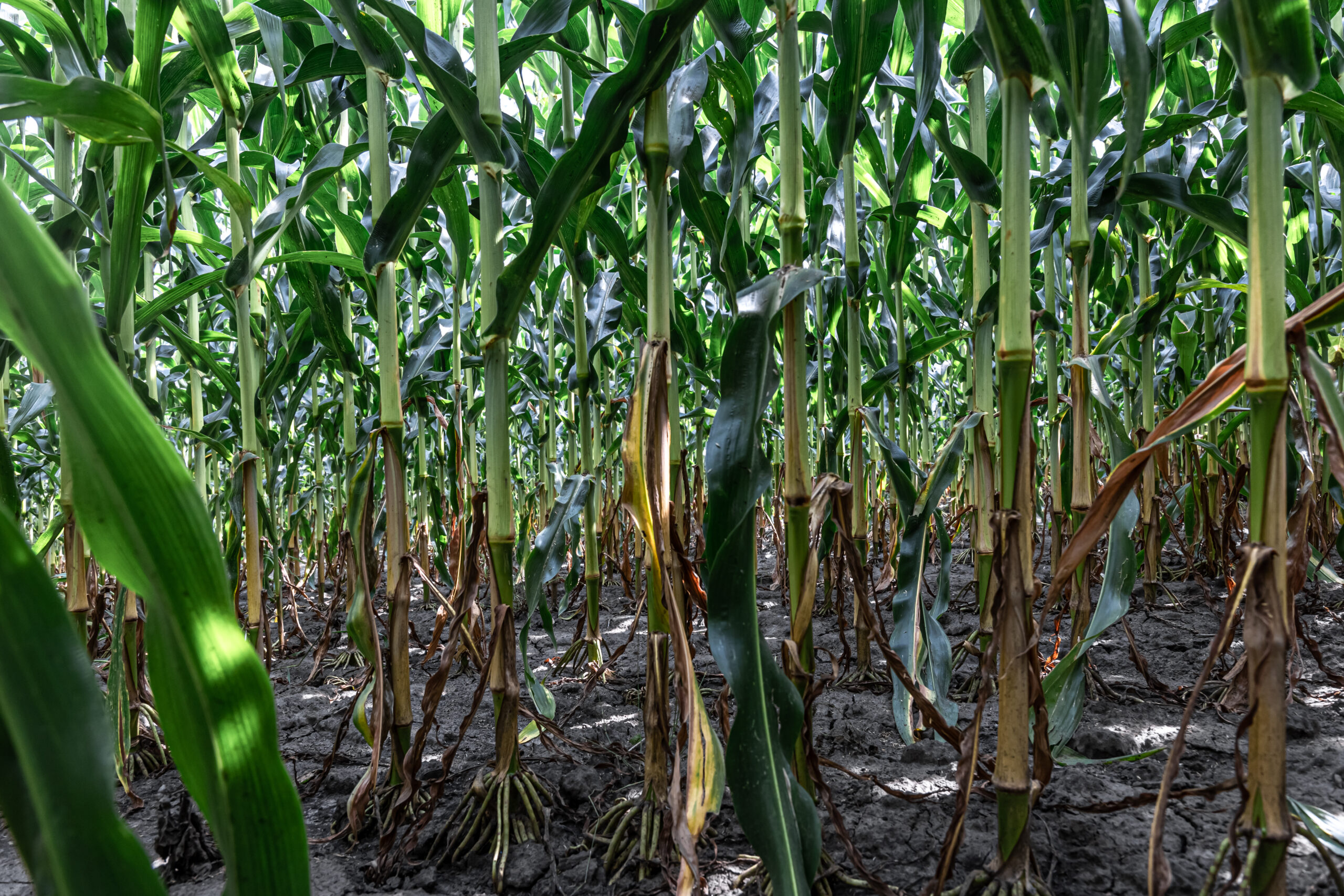Climate change has become an undeniable reality, reshaping ecosystems, altering weather patterns, and disrupting industries worldwide. The sugar trade is no exception, facing a myriad of challenges and uncertainties as a result of shifting climatic conditions. In this blog post, we delve into the intricate ways in which climate change is impacting the sugar trade. From influencing production trends to shaping market dynamics and forecasting future scenarios.
Climate Trends
One of the most apparent ways in which climate change affects the sugar trade. It is through its impact on weather patterns and agricultural conditions. Rising temperatures, erratic rainfall, and extreme weather events. Droughts and floods, can significantly affect sugarcane cultivation. It leads to yield fluctuations and crop failures in key producing regions. Moreover, changing climatic conditions may also create conducive environments for pests and diseases, further jeopardizing crop health and productivity.
Market Predictions
The impact of climate change on the sugar trade extends beyond the realm of production. It is influencing market dynamics and trade patterns. As climate-related risks intensify, market volatility and uncertainty are likely to increase, affecting supply-demand dynamics and price stability. Furthermore, shifts in consumer preferences towards sustainably sourced and environmentally friendly products may reshape market demand. It is prompting sugar traders to explore new market niches and adapt their marketing strategies accordingly. The Economics of Sugar Substitutes: Learn about the economic dynamics of sugar substitutes and their impact on the sugar trade in our comprehensive blog post.
Production Adjustments
In response to climate change-induced challenges, sugar producers are compelled to adapt their production practices and strategies to mitigate risks and ensure supply chain resilience. This may involve implementing sustainable farming practices, such as water-efficient irrigation, crop diversification, and soil conservation measures, to enhance climate resilience and minimize environmental impacts. Additionally, advancements in agricultural technology and breeding programs aim to develop climate-resistant sugarcane varieties capable of withstanding climatic stressors. Consumer Health Trends Affecting Sugar Sales: Explore the influence of consumer health trends on sugar sales and the implications for the sugar trade in our insightful blog post.
Conclusion
As climate change continues to exert its influence on the global environment, its ramifications for the sugar trade are becoming increasingly evident. From altering production patterns to reshaping market dynamics, climate change poses multifaceted challenges that require proactive and adaptive responses from industry stakeholders. By embracing sustainable practices, investing in resilience-building measures, and fostering collaboration across the supply chain, the sugar trade can navigate the complexities of climate change and pave the way for a more sustainable and resilient future.

